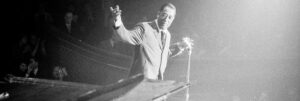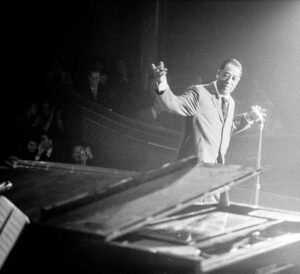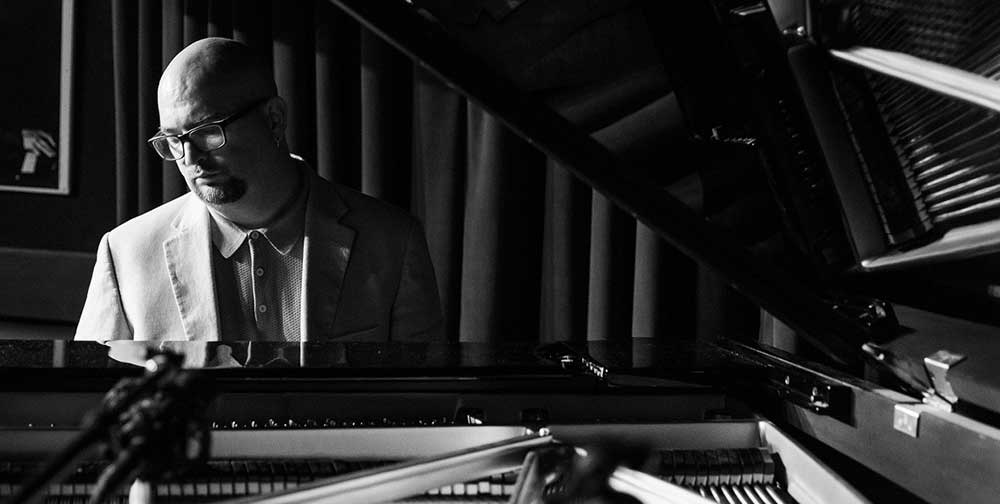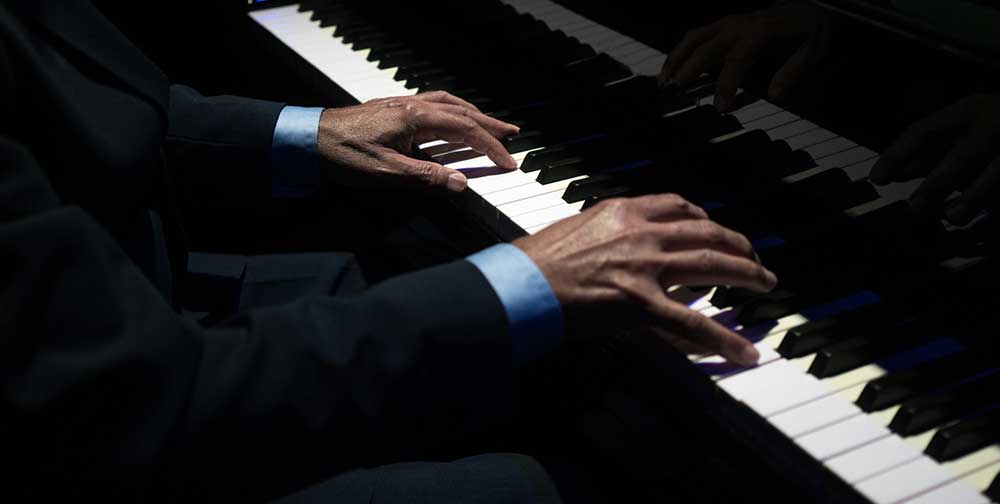Even as far back as the very first jazz recordings in 1917 by the Original Dixieland Jazz Band, record executives saw the benefit of working with sheet music companies to push certain songs.
The first artist to really popularise the jazz standard was Louis Armstrong recording versions of Johnny Green’s “Body and Soul”, Fats Waller and Andy Razaf’s “Ain’t Misbehavin” and W. C. Handy’s “St. Louis Blues”. Throughout the 1930s many early jazz standards originated from the pens of songwriters like George Gershwin, Cole Porter, Irving Berlin and Hoagy Carmichael.
Many of today’s jazz standards though come from be-bop and beyond – from the many composed by Charlie Parker such as “Billie’s Bounce” and “Ornithology” to Dizzy Gillespie’s much versioned ‘A Night in Tunisia’ through to the modal and hard bop of Wayne Shorter’s “Footprints” and Joe Henderson’s “Recorda Me”.
So what makes a jazz standard? One of the most important factors is that the original song was a big success, a line that can be traced from Louis Armstrong’s 1931 composition “Stardust” to John Coltrane’s first version of “Giant Steps” in 1960. With its exploratory chord progressions, that became known as Coltrane Changes, “Giant Steps” is also a great example of another factor that makes a jazz standard. And that is its capacity to stretch musicians learning their craft from fake books (lead sheets) or inspiring them to improvise.
Here we look at some of the greatest jazz standards recorded.
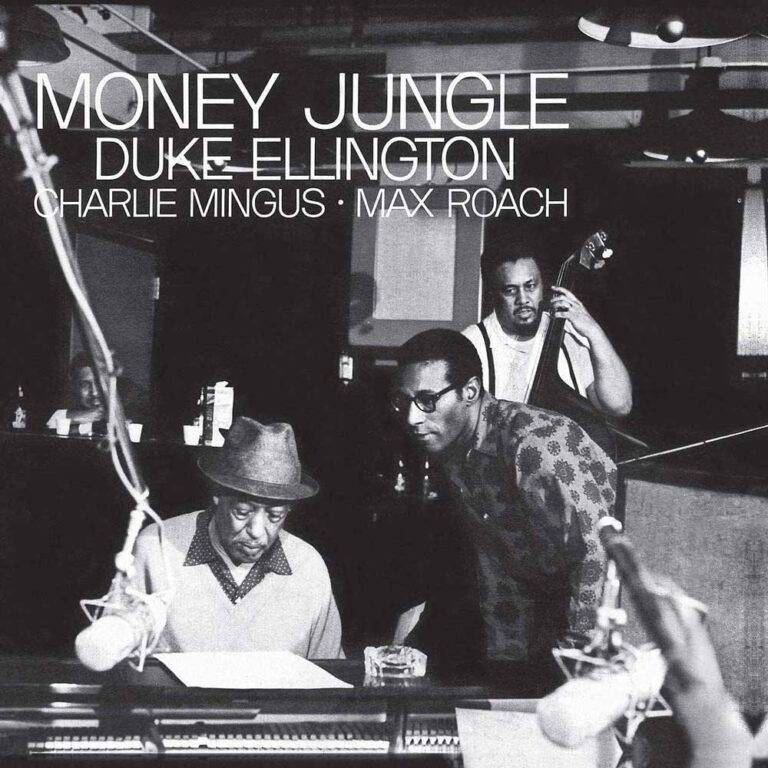
DUKE ELLINGTON Money Jungle
Available to purchase from our US store.On September 17, 1962, Duke Ellington, Charles Mingus and Max Roach entered Sound Makers studio in NYC for the session that became “Money Jungle”. The stylistic differences between the musicians caused Mingus to famously walk out at one stage.
These tensions gave an edge to one of the great post bop trio recordings that featured seven Ellington compositions. This included a fiery version of his and Juan Tizol’s “Caravan”, the most versioned jazz standard ever, first recorded by Ellington in 1936.
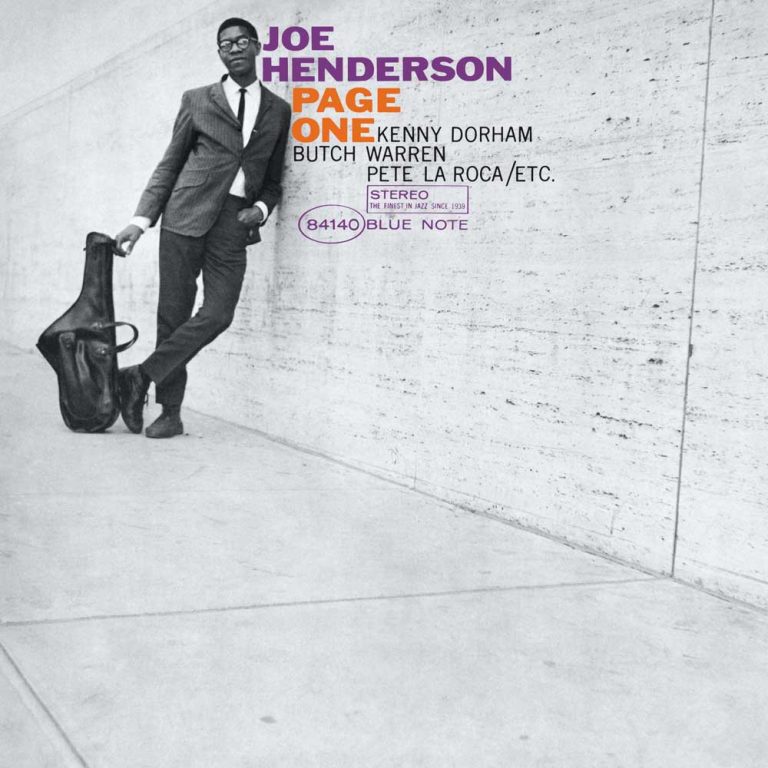
JOE HENDERSON Page One LP (Blue Note Classic Vinyl Edition)
Available to purchase from our US store.Saxophonist Joe Henderson wrote many a future jazz standard, his most famous being “Recorda-Me” off his 1963 album for Blue Note “Page One”, written when he was just 15. The composition has featured widely in jazz education and songbooks, while being recorded by various artists over the years – from McCoy Tyner to Greg Osby. “Page One” also featured the first recording of “Blue Bossa”, written by trumpeter Kenny Dorham that would also become a popular jazz standard.
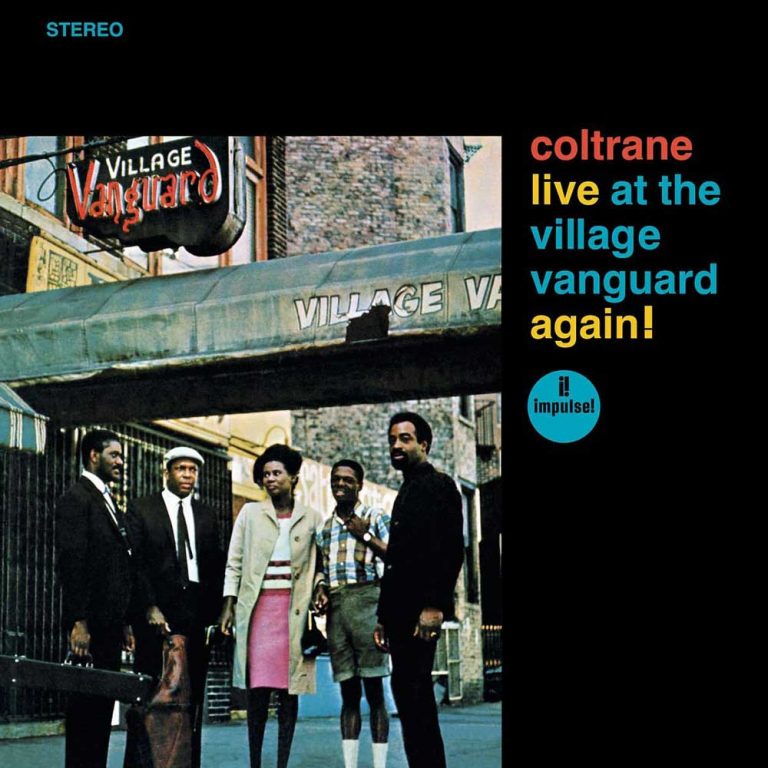
JOHN COLTRANE Live At The Village Vanguard Again!
Available to purchase from our US store.A version of a version that itself was taken from the Rodgers and Hammerstein musical “The Sound of Music”, John Coltrane’s “My Favourite Things” was recorded live at the Village Vanguard on May 28, 1966. The number was first recorded as the 14 minute modal masterpiece on Coltrane’s debut on soprano sax from 1961 and had been in his repertoire ever since. But the version performed on that night in 1966 and released on “Live at The Village Vanguard Again” for Impulse! was transformed into a fiery piece of free jazz while retaining the choral motif.
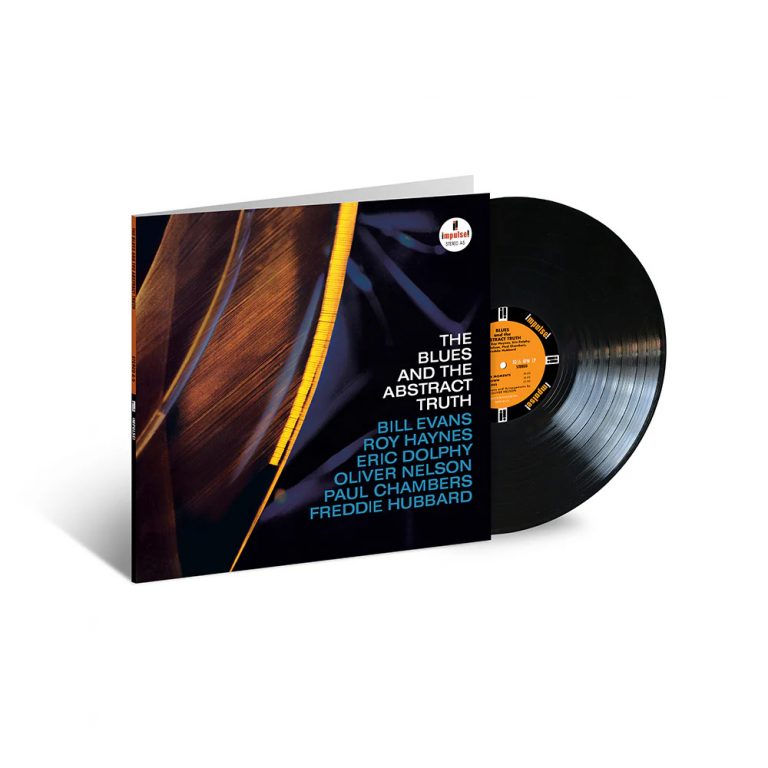
OLIVER NELSON The Blues And The Abstract Truth
Available to purchase from our US store.Recorded by everyone from Frank Zappa to United Future Organisation and given lyrics by Mark Murphy in his 1978 recording, “Stolen Moments” is one of the greatest jazz standards ever written. Featured on the album for Impulse! that really marked Oliver Nelson’s genius as a composer and arranger, “The Blues and Abstract Truth”, “Stolen Moments” had everything a jazz standard needed with that infectious hook and a minor key 12-bar blues structure. Some of the more famous versions in jazz were by the
Ahmad Jamal Trio from the 1970 album “The Awakening” and Booker Ervin’s take on the 1966 LP “Structurally Sound”.
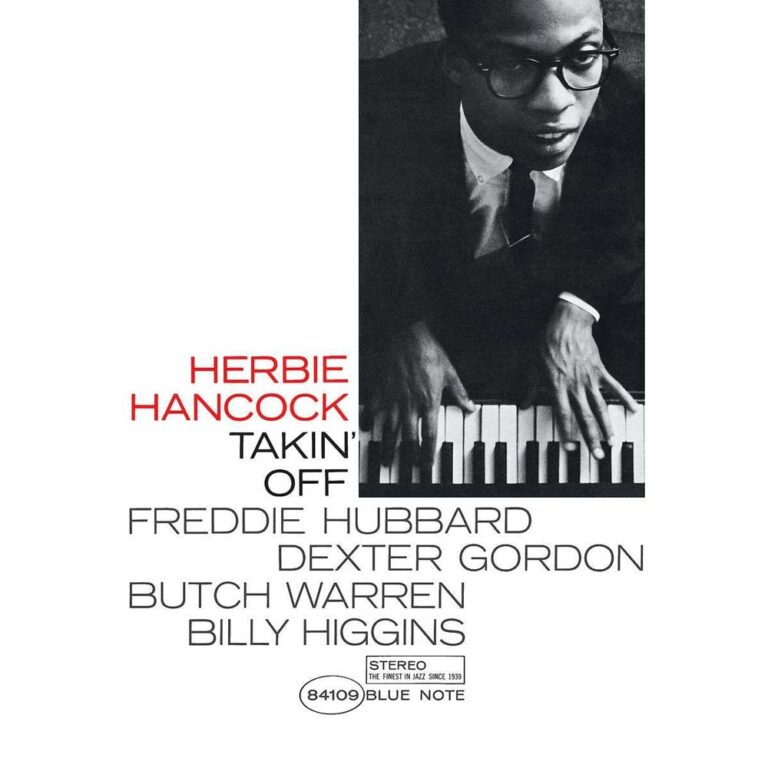
HERBIE HANCOCK Takin' Off LP (Blue Note Classic Vinyl Edition)
Available to purchase from our US store.Fred Wesley, Herbie Mann and Les McCann are just three of the artists to cover Herbie Hancock’s “Watermelon Man” in differing styles. Taken from his Blue Note debut album from 1962 “Takin’ Off” featuring a quintet of trumpeter Freddie Hubbard, tenor saxophonist Dexter Gordon, bassist Butch Warren, and drummer Billy Higgins, it was first recorded in a hard bop meets soul jazz style. Just a year after its release it had staked a claim as a jazz standard when Mongo Santamaria recorded his Latin version on his 1963 album “Mr Watermelon Man”, using vocals added by Jon Hendricks at the 1963 Newport Jazz Festival. Hancock returned to the composition in a heavy jazz funk fusion style on his 1973 album “Head Hunters”, widely sampled in hip-hop.
Read on…Ethan Iverson – To Standard or Not to Standard?
Andy Thomas is a London based writer who has contributed regularly to Straight No Chaser, Wax Poetics, We Jazz, Red Bull Music Academy, and Bandcamp Daily. He has also written liner notes for Strut, Soul Jazz and Brownswood Recordings.
Header image: Duke Ellington performs at Victoria Hall, Geneva, Switzerland. 1964. Photo: Hans Gerber / ETH Library Zurich, Image Archive / Com_L13-0030-0001-0001. (CC BY-SA 4.0).

